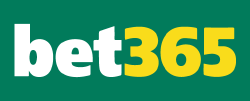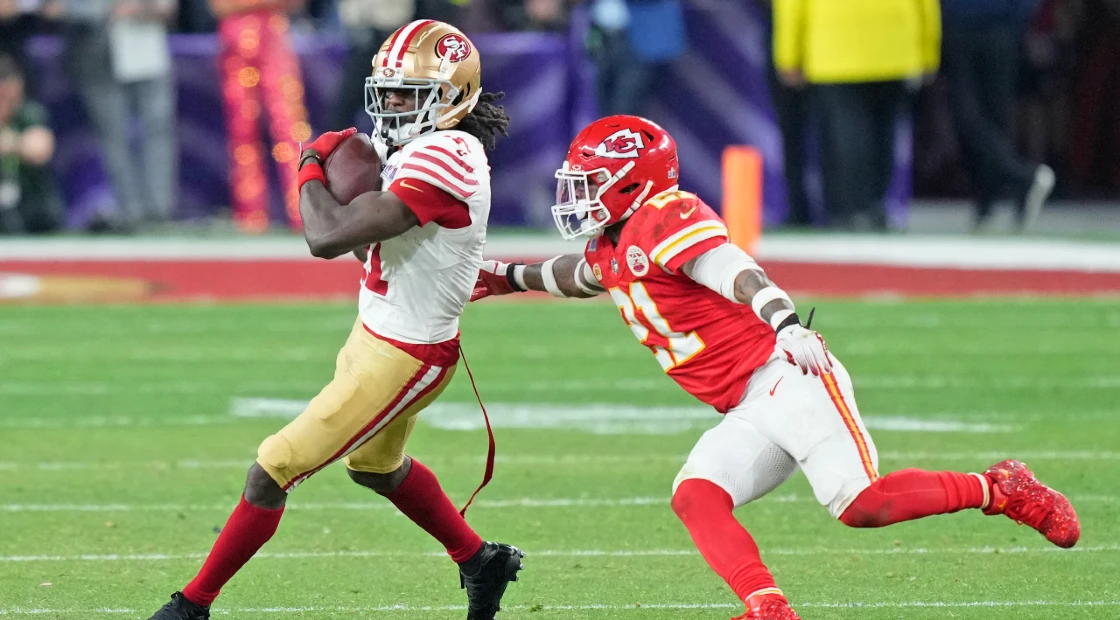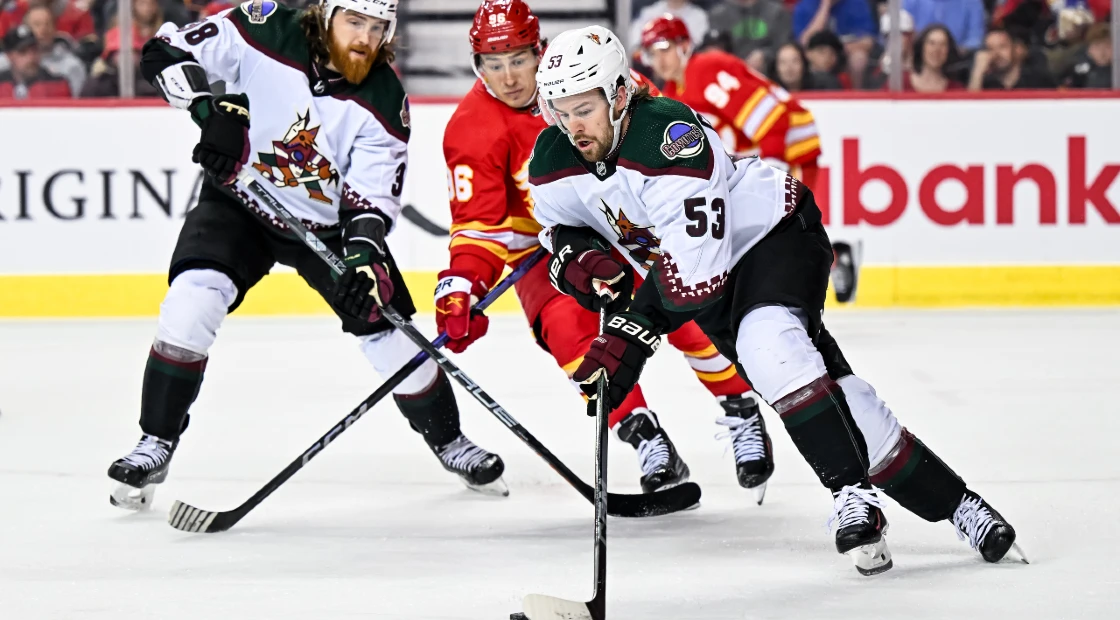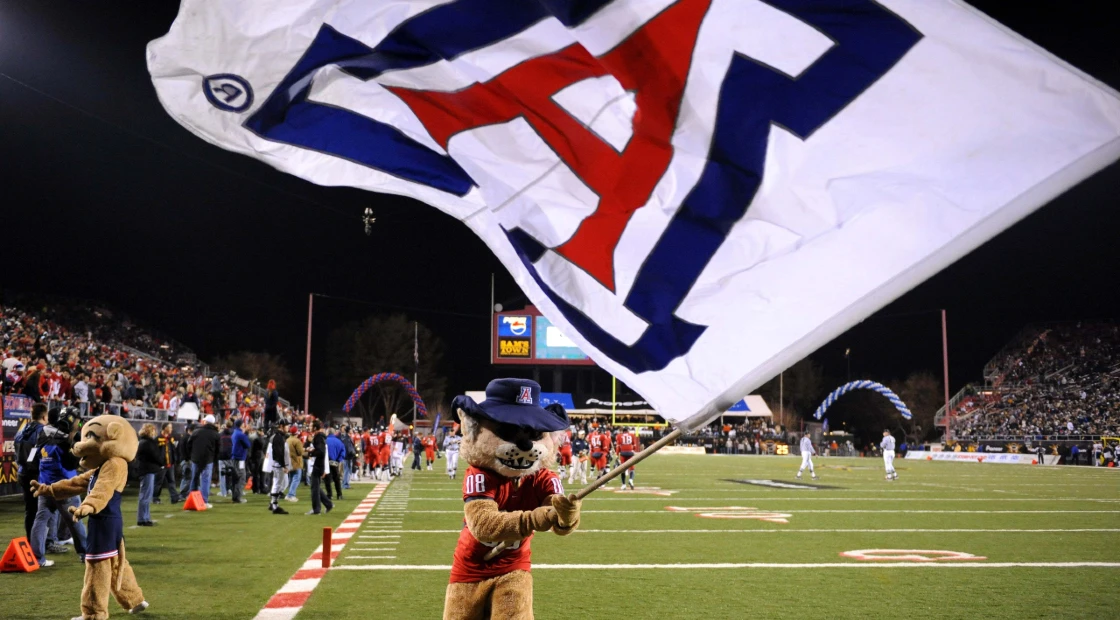Debate over sports stadiums and timelines highlighted the meeting discussing Arizona sports betting rules.
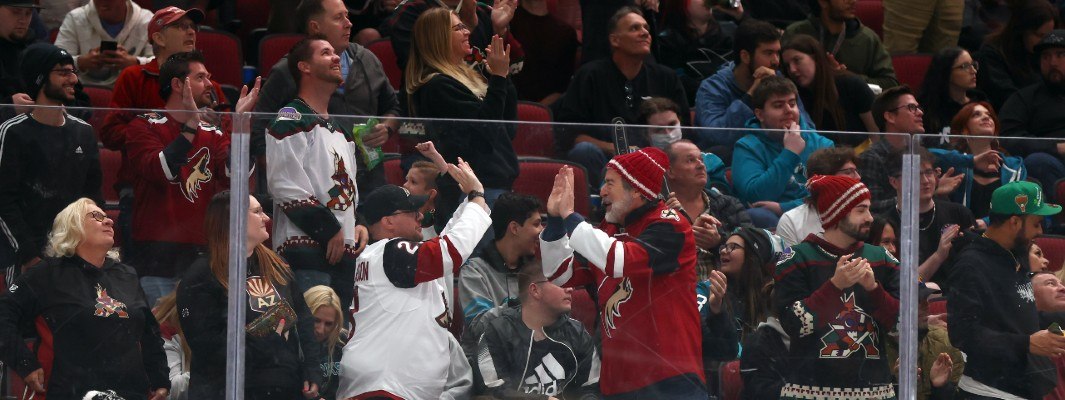
A debate was sparked during a Virtual Open Comment Session on Tuesday when two items were added to the draft set of Arizona sports betting rules filed by the Department of Gaming.
In late March, the ADG announced that updated sports betting regulations would be released for public feedback. The deadline for public comments was set for April 3, with the final rules expected to be completed by April 15.
The “Draft Final Rules” meeting on Tuesday saw heated discussions over the ADG’s decision to add language about revoking sports betting licenses if the responsible party stops operating, and their removal of language defining a “professional sports venue.”
On Tuesday’s call, tribal gaming agents, such as Stephan Hart, a tribal affairs and gaming attorney, Mike Ehlerman from the Tohono O’odham Legislative Attorney’s Office, and Richard Verri of the Tonto Apache Tribe, voiced their apprehensions regarding the proposed timelines for license revocation.
Managing relationships with sports betting partners that shut down can be challenging.
Tribal gaming officials have often voiced concerns about the limited notification period that Arizona betting apps licensees must provide the ADG in the event of their sports wagering partner’s closure.
During Tuesday’s call, Hart conveyed that the Navajos believe they have the license and a responsible management services provider. He stressed his worry about any actions taken by the provider that the licensee was unaware of or unable to control.
Following the revocation of our license, I raised concerns about the terminology ‘responsible party’ and suggested utilizing ‘event wagering operator’ or ‘designee’ instead.
The Navajo Nation officially announced its partnership with Hard Rock Sportsbook in Arizona last week.
Warren Nichols, the assistant director of the ADG, defended the decision to include the 180-day deadline in rule R19-4-113C by stressing the significance of honoring future wagers made by patrons.
Nichols explained that the decision to handle future wagers within this timeframe is based on the need to manage various accounts and distributions. It is essential for us to work together with the responsible party to properly conclude operations and ensure all outstanding matters are resolved before discontinuing operations.
Nichols’ comments ignited a debate, with Hart backing the ADG’s position on player safety while also voicing worries about the extended 180-day training period.
Hart and other speakers, including Verri, Ehlermann, Bradley Bledsoe Downes of the Arizona Indian Gaming Association, and Steve Titla of the San Carlos Apache Tribe, pushed for a substantial decrease in the notification period for licensees under the revised ADG rules.
Hart recommended a shorter period of either 30 or 60 days, stating that it would be more suitable than the current 180-day timeframe. He stressed the significance of safeguarding players and urged for a decrease in the number of days required.
Derrick Beetso, the director of Arizona State University’s College of Law Indian Gaming and Self Governance Programs, expressed in an email to yengols.com that tribes are concerned about the ambiguity and uncertainty surrounding rules 105J and 113C, particularly regarding the timeframe being requested by the department.
Beetso raised concerns about the potential problems caused by the lack of clarity in Rule R19-4-105J. He argued that situations such as the adoption of new technology or unexpected events beyond a company’s control should not automatically lead to a license being revoked for not maintaining operations. Beetso recommended that the ADG work together with tribal groups to provide additional clarity on what constitutes “failure to continue operations,” and suggested that examples and definitions be established through discussions with all relevant parties.
Beetso clarified that tribes frequently request a shorter reporting period for sports betting closures to protect their licenses and maintain parity with the other nine tribes and eight professional sports teams that hold mobile sports betting licenses.
Beetso clarified that despite the tribes’ preference for a shorter notice period, the language dictates that they must provide a minimum of 180 days’ notice before discontinuing operations. Beetso stressed the significance of providing advanced notice to facilitate contingency planning and address any outstanding obligations. Although the tribes believe a shorter notice period would better safeguard their interests in halting bets promptly, Beetso contended that it is feasible to establish a precise cessation date and that the regulation solely mandates informing all parties well in advance of this decision.
Coyotes defy removal of stadium language.
Andrew Diss, the chief strategy officer of Meruelo Gaming, operator of SaharaBets and sports betting partner of the Arizona Coyotes, raised another source of concern during Tuesday’s call.
Diss expressed disappointment in the department’s decision to remove the updated language of Rule 106, which defines a “sports facility.”
The ADG’s first version of the new regulations, released in late March, included a provision that stated professional sports venues may not be required to have a minimum number of seats if the department deemed them a suitable temporary home for the team.
As per the initial regulations set forth by the ADG, retail event wagering can only be conducted under A.R.S. § 5-1304(D)(1) at a Sports Facility as defined in A.R.S. § 5-1301(18). If a temporary facility with less than 10,000 seats is utilized, permission from the Department must be obtained and the duration of use cannot surpass three years.
The language that could have enforced consequences for the Coyotes breaking the initial rule has been omitted from the most recent Draft Final Rules. This leaves the team open to potentially violating the rule when they move to Arizona State in the upcoming season. The Coyotes intend to build a new arena in the Tempe Town Lake Area, but there is currently no set timeline for the project.
During Tuesday’s call, Diss highlighted the recent fire at Empower Field at Mile High in Denver and the ongoing arena problems faced by the Coyotes in Glendale as examples of why the ADG should reconsider reintroducing the updated language regarding stadium capacity.
Diss emphasized the importance of including language in the agreement that would offer security in unexpected situations, such as a major incident or lease cancellation, to ensure that the organization could maintain its license and operations. As a result, Diss formally asked for the previous language to be restored in the agreement.
Nichols responded to Diss’ remarks by pointing out that the Coyotes did not support the original wording.
He also agreed to make sure that any comments regarding licensing are publicly available, so Diss and others can see the list of signatories before the ADG finalizes its rules for event wagering on Friday.
Nichols clarified that the language was taken out due to lack of support from any party. He believed that all parties recognized the department’s ability to work together, rendering the initial language redundant.

Author

Peterson Christopher has a wealth of experience covering sports and sports betting in Arizona for over seven years. He has worked for reputable publications such as ArizonaSports.com, the Tucson Weekly, and the Green Valley News. Currently, he holds the position of lead writer at yengols.com.
As mentioned by leading media sources, such as:





